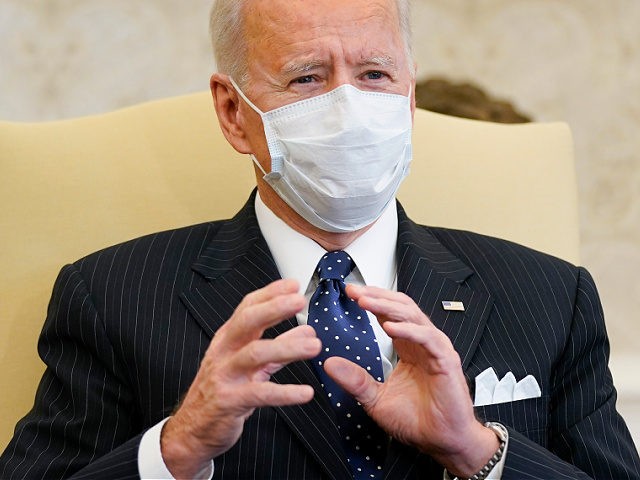President Biden claims that raising the federal minimum wage to $15 an hour will force employers to pay a living wage to workers, but the weight of economic studies say that it would have an adverse effect on employment.
Biden’s plan, which is making its way through Capitol Hill now as part of the covid relief package, would more than double minimum wage. It would also cost jobs, particularly for young workers and less-educated workers.
Many supporters of hiking the minimum claim, without evidence, that the economic studies have shown that a higher wage will not reduce employment or that the studies are split evenly on the question.
A new review of the economic literature published in academic journals over the past few decades indicates that this is wrong. In fact, there is a clear preponderance of negative effects on employment, the study finds.
David Neumark of the University of California, Irvine’s Department of Economics and his former student Peter Shirley analyzed the core conclusions from each study published on the topic of the minimum wage over the last three decades. They also contacted the authors of the studies to confirm their view of the findings.
They found that the literature indicates “minimum wages reduce low-skilled employment. It is incumbent on anyone arguing that research supports the opposite conclusion to explain why most of the studies are wrong.”
The study was published by the National Bureau of Economic Research.
The CBO forecast that the Biden proposal would cost 1.4 million jobs. This job loss problem is especially salient at a time when nearly 20 million Americans are receiving unemployment benefits.

COMMENTS
Please let us know if you're having issues with commenting.